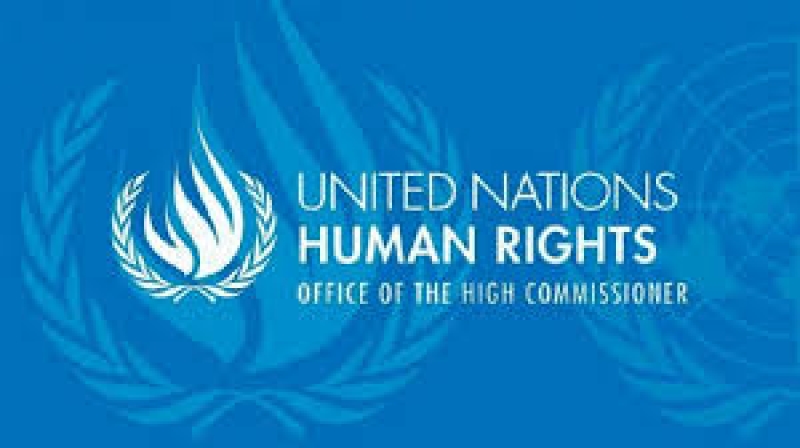- Power generation at Payra Thermal Power Plant 1st unit starts after a month |
- Irregularities, injustice will no longer be accepted in politics: Jamaat Ameer |
- 2 arrested in Jhenaidah for allegedly selling madrasa student |
- Koko’s wife campaigns for Tarique in Dhaka-17 |
- Bangladeshi Expats Cast 4.58 Lakh Postal Votes |
74% of Bangladeshis Affected by Graft During AL Rule: UN

According to a recent United Nations (UN) report, nearly three-quarters of Bangladeshis (74.4%) fell victim to corruption by law enforcement officers during the 15-year rule of the Awami League (AL) government.
The Office of the UN High Commissioner for Human Rights (OHCHR), in its fact-finding report titled "Human Rights Violations and Abuses Related to the Protests of July and August 2024 in Bangladesh," revealed that corruption was pervasive at all levels of the administration. The report highlighted how top-level corruption extended to the bureaucracy and security forces, fueling widespread extortion and misconduct.
During Sheikh Hasina's tenure, the government consolidated power across political institutions, the justice system, security forces, and bureaucracy, with far-reaching consequences. The OHCHR report described this dominance as "clientelism, crony capitalism, and corruption" that permeated the economy, particularly in key sectors such as large businesses and infrastructure projects.
The report further stated that while the government reported impressive growth in per capita GDP, the wealth distribution remained highly unequal, with the richest 5% seeing a disproportionate share of economic gains between 2010 and 2022. Income inequality and the financial strain on middle- and low-income citizens worsened during this period, exacerbated by the country's reliance on indirect taxes.
Corruption was also rampant in public procurement and key industries, with powerful individuals close to the AL government controlling major sectors such as banks, energy, and infrastructure. Politically connected oligarchs were accused of plundering large banks through massive loan schemes, undermining Bangladesh's macroeconomic stability. These illegally acquired funds were reportedly transferred abroad and invested in foreign jurisdictions, benefiting corrupt Bangladeshi officials and their associates.
The UN's findings underscore the extent of systemic corruption during the AL's rule and its damaging impact on the country's economy and governance.

